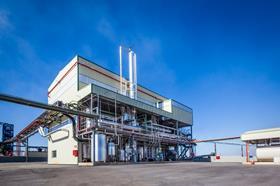
Anecoop has signed up to a European project to find new uses for waste derived from the production and processing of citrus.
The Pro-Enrich project seeks to create a new business model for extracting high-value components from residues from citrus, as well as tomatoes, olives and rapeseed, demonstrating the technical and commercial feasibility of both small and large-scale bio-processing units.
One of its aims is to develop a flexible biorefinery process for citrus waste that will help fulfil the growing global demand for alternative sources of protein and phenolic product streams.
As the biggest generator of biomass residues from citrus, Anecoop is one of two Spanish companies taking part in the project. The other is citrus refinery Natac Biotech.
Citrus production and consumption have grown rapidly worldwide. But during periods of high production and low demand, a large part of the crop goes to waste. This, together with the citrus peel left over from the juicing industry, generates large amounts of waste that has a huge environmental impact.
Pro-Enrich seeks to create biomass from this waste for applications in food, cosmetics, pet food and adhesives.
The project has a number of specific objectives including to determine the components with the highest market potential; undertake a range of bio-refining processes that yield high quantities of high-purity functional proteins and bioactive components and develop biorefinery processes with proven scalability.
The project is funded by the Bio-Biobased Industries Joint Undertaking (BBI JU) within the framework of the European Union’s Horizon 2020 research and innovation programme.



